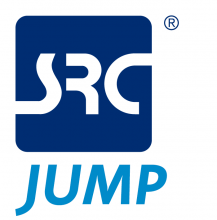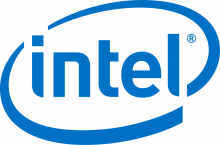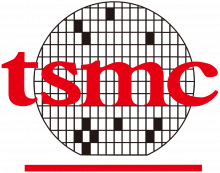The Applications Driving Architectures Center (ADA), based at the University of Michigan, aims to streamline and democratize the design and manufacturing of next-generation computing systems.
Task Liaison Meetings
ADA Center students present their research at online task liaison meetings each Wednesday. Task liaisons and other interested sponsors are invited to join. Registration is not necessary, but please visit our complete liaison meeting schedule for info on how to attend each meeting.
NOTE: Liaison meetings are completed for the ADA Center
Visit ADA's directory of students and postdoc researchers to find interns and permanent hires available for both industry and academic opportunities.
ADA Center News

Five University of Michigan EECS faculty and ADA PIs receive Ted Kennedy Family Faculty Team Excellence Award
February 17, 2023
Five University of Michigan EECS faculty affiliated with the Applications Driving Architectures (ADA) center have been awarded the Ted Kennedy Family Faculty Team Excellence Award for 2022-23. The… more
ADA's presence at MICRO 2022 included an organized workshop and tutorial, four publications and a Best Paper Award
September 30, 2022
ADA participated in MICRO (October 1-5) in Chicago, IL with a large presence this year.
… more

University of Michigan Professor Wei Lu will receive the Distinguished University Innovator of the Year Award
September 27, 2022
For his pioneering efforts in the development and commercialization of novel electrical devices, Dr. Wei Lu, professor of electrical engineering and computer science and founder of… more
ADA students and PIs present 12 papers and 1 poster at TECHCON 2022
August 29, 2022
This year's TECHCON, hosted by the Semiconductor Research Center (SRC.org), is set to have a large ADA research presence. We're pleased to recognize 13 Ph.D.… more

Valeria Bertacco named Mary Lou Dorf Collegiate Professor of Computer Science and Engineering
August 11, 2022
Prof. Valeria Bertacco has been named the Mary Lou Dorf Collegiate Professor of Computer Science and Engineering in recognition of her contributions in advancing the field of computer architecture… more

The Persistence of Non-Volatile Memory: Exploiting the Growing Design Space
August 4, 2022
Computer architects should be looking towards alternative memory technologies as a compelling strategy to address the memory wall, especially in the context of increasing on-chip memory capacity… more
About ADA
As the computing industry struggles to maintain its historically rapid pace of innovation, the ADA Center, based at the University of Michigan, aims to streamline and democratize the design and manufacturing of next-generation computing systems.
The Applications Driving Architectures Center (ADA) is developing a transformative, "plug-and-play" ecosystem to encourage a flood of fresh ideas in computing frontiers such as autonomous control, robotics and machine-learning.
Today, analysts worry that the industry is stagnating, caught between physical limits of the size of silicon transistors and the skyrocketing costs and complexity of system design.
According to Center Director Valeria Bertacco,"The electronic industry is facing many challenges going forward, and we stand a much better chance of solving these problems if we can make hardware design more accessible to a large pool of talent. We want to make it possible for anyone with motivation and a good idea to build novel high-performance computing systems."
The center is a five-year project that includes researchers from several leading universities.
We Thank Our Sponsors for Their Support






















